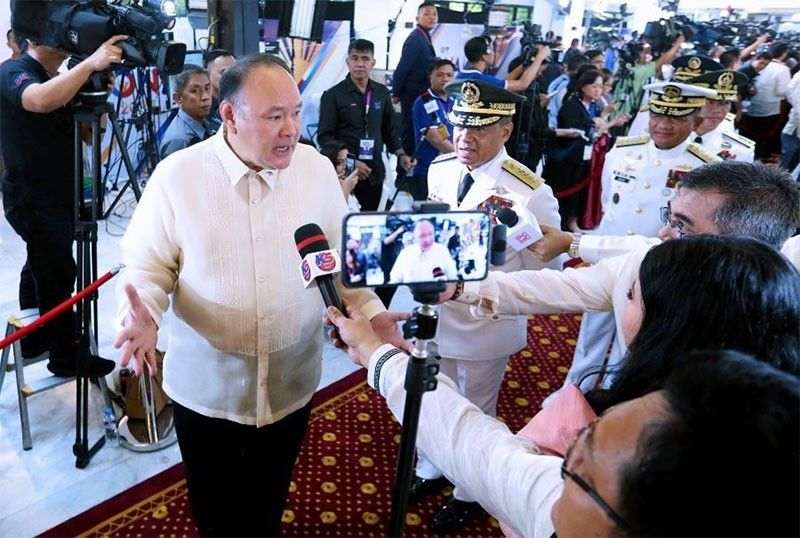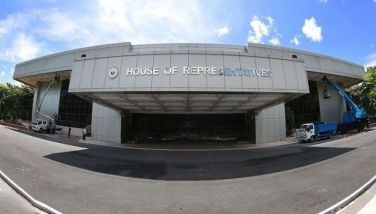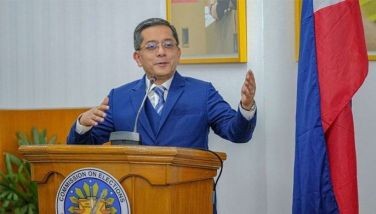Gibo working with Jinggoy to amend espionage law

MANILA, Philippines — Amid concerns over possible spying activities in the country by Chinese nationals disguised as Filipinos, Defense Secretary Gilbert Teodoro Jr. has committed to work with Senate President Pro Tempore Jinggoy Estrada in strengthening the country’s anti-espionage law, which dates back to the US colonial era.
In an interview with dwIZ radio yesterday, Estrada said Teodoro had informed him of his instructions to his staff at the Department of National Defense to coordinate with the senator regarding the latter’s proposal to have the current anti-espionage law amended.
Through Senate Bill 2368 filed last year, Estrada is eyeing tougher punishment and penalties for espionage, including maximum imprisonment of 30 years as well as fines of up to P500,000.
In his proposal, Estrada, chairman of the Senate committee on national defense and security, said a strengthened anti-espionage law should apply even if the country is not at war.
He hopes his SB 2368 is prioritized and enacted into law before the 19th Congress bows out in June next year.
Teodoro’s offer to help Estrada refine his bill and get it approved as soon as possible came in the wake of the unmasking of dismissed Bamban, Tarlac mayor Alice Guo as a Chinese national named Guo Hua Ping involved in running illegal Philippine offshore gaming operator (POGO) hubs in the country. A self-confessed Chinese spy detained in Thailand named She Zhijiang had claimed in a documentary by Al Jazeera that Guo was engaged in espionage work for Beijing. This was denied by Guo.
Estrada said the country is relying on a Commonwealth-era law in addressing espionage.
Commonwealth Act No. 616, which defines and punishes spying in the Philippines, was enacted 83 years ago in June 1941 when the country was still a US colony, while Article 117 of the Revised Penal Code took effect in 1932 or 92 years ago, according to Estrada.
Based on the two laws, “only information, materials and other concerns pertaining to ‘national defense’ unlawfully obtained and/or disclosed to the injury of the Philippines or to the advantage of any foreign nation constitute the crime of espionage with the penalty of imprisonment ranging from 10 to 30 years, and a fine of P2,000 to P30,000.”
“It is imperative to update the provisions of the said law and increase the penalties thereof to protect government information, including classified matters relevant to the preservation and protection of national security, from theft, wrongful destruction or alteration, misappropriation and conversion by any person, including foreign governments and their agents or instrumentalities,” Estrada said in his proposed bill.
“Provisions of the law are revised to take into account advancements in technology, to include electronic forms of documents and other information as well as cybersecurity,” according to SB 2368.
“What’s important is, there is punishment for espionage even in time of peace. Espionage law in the Philippines is in effect only during times of war,” Teodoro earlier said.
- Latest
- Trending




























